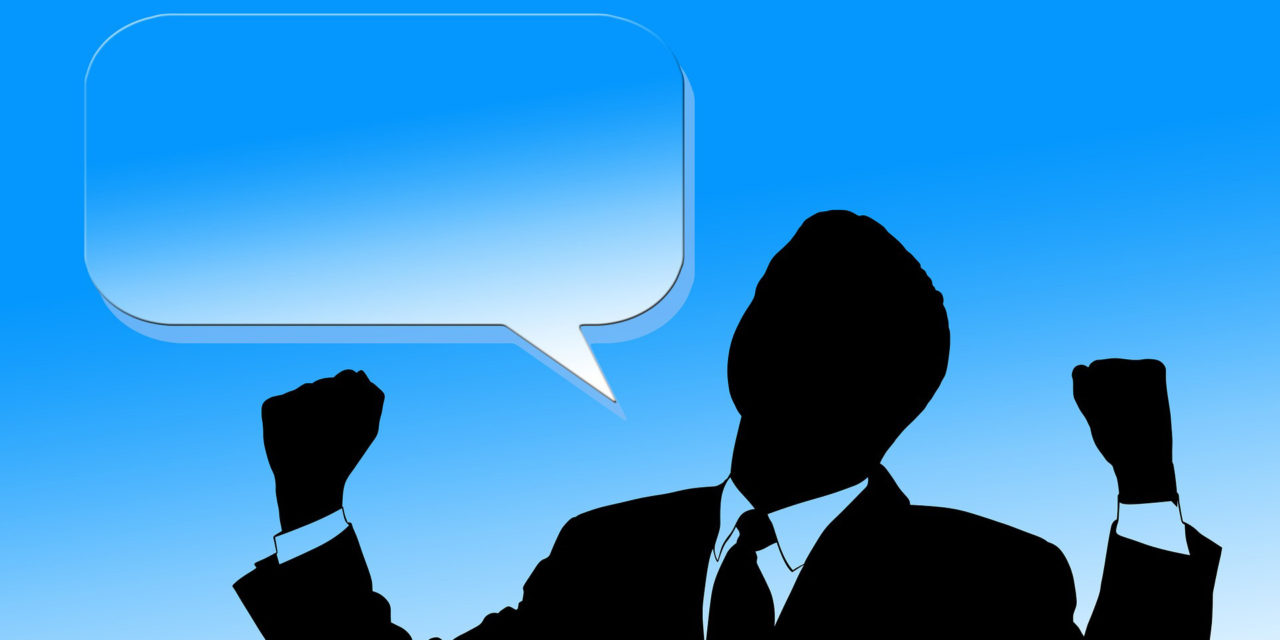Recently, Richard Stengel, a former editor of Time, wrote an opinion piece for The Washington Post entitled “Why America needs a hate speech law.” In it, he argues the Framers’ vision for the protection of speech via the First Amendment is outdated. It was “engineered for a simpler era,” in Stengel’s opinion.
So what’s different about today? Stengel blames the Internet. Truth doesn’t always win out, as we once believed, because “in the age of social media, the marketplace model doesn’t work.” He cites a 2016 Stanford University study that supposedly shows that 82% of middle schoolers couldn’t distinguish between “fake news” and an actual news story.
But what does that really prove? Does anyone expect a 12-year-old to understand the nuances of today’s issues and speakers? Were the kids any better at it in 1969 than in 2019? Adults likely have the same issues with the plethora of news they read on social media, but again, so what? If the “marketplace of ideas” has more ideas in it these days than in yesteryear, whose responsibility is it to discern the truth? Should it be the individuals who consume the news, or some supposedly “benevolent” third party? When did we become incapable of weeding out the good ideas from the bad?
The other reason Stengel cites in support of his argument for a hate speech law is that other countries have them. He says he can’t answer the Arab diplomats he’s talked to as to why anyone would want to protect the burning of the Koran. Really? He has no response based on America’s First Amendment? If he’s lifting up Arab countries as models for allowing boundaries on America’s free speech, he’s going to have a tough sell.
And if we suffer from an over-abundance of voices and messages on the Internet, that still doesn’t require hate speech monitors. It requires discernment. That’s something every one of us needs, and we can’t pass that responsibility off to someone else.
What Stengel and others advocating for hate speech laws always fail to grasp is that somebody is going to have to decide what speech qualifies as hate speech, and forbid it. And punish those who utter it. Should that be private companies like Facebook, Twitter and YouTube? We’ve already seen the problems with that. And liberals go bonkers when they hear that Facebook is courting the opinions of conservatives on issues like free speech on its platform. There is only one point of view allowed by liberals and the communication companies they control, and they’ve proven they can’t be trusted with the responsibility.
So who are we left with to control “hate speech?” The government? Do you want hate speech laws to be the collective opinion of whichever political party controls Congress and the White House? Liberals, do you want Republicans deciding that pro-abortion, pro-socialistor anti-military speech is “hateful” to some portion of Americans and thus banned under penalty of law? Conservatives, do you want Democrats forbidding any public expression of religious faith or pro-life speech in public? (I know, you already think they’re doing that, but bear with me here.)
Every censorship law has a censor who also acts as the enforcer. And the government is the worst choice possible for that job. The First Amendment was written primarily to protect anti-government speech, i.e. “political” speech. Placing government in control of the censorship process creates the age-old problem of putting the fox in charge of the henhouse. A classic example of this problem was The Sedition Act of 1798, which Congress passed, and President John Adams signed into law. The law permitted the deportation, fine or imprisonment of anyone deemed a threat for publishing “false, scandalous, or malicious writing” against the government of the United States. It was immensely unpopular and expired in 1801.
Indeed, the classic remedy for speech we don’t like is not less speech, but more and better speech. If middle-schoolers—or even adults—are having difficulty discerning fake news from the real thing, perhaps we all need a refresher course in critical thinking. What we don’t need is Big Brother reading our social media posts.






